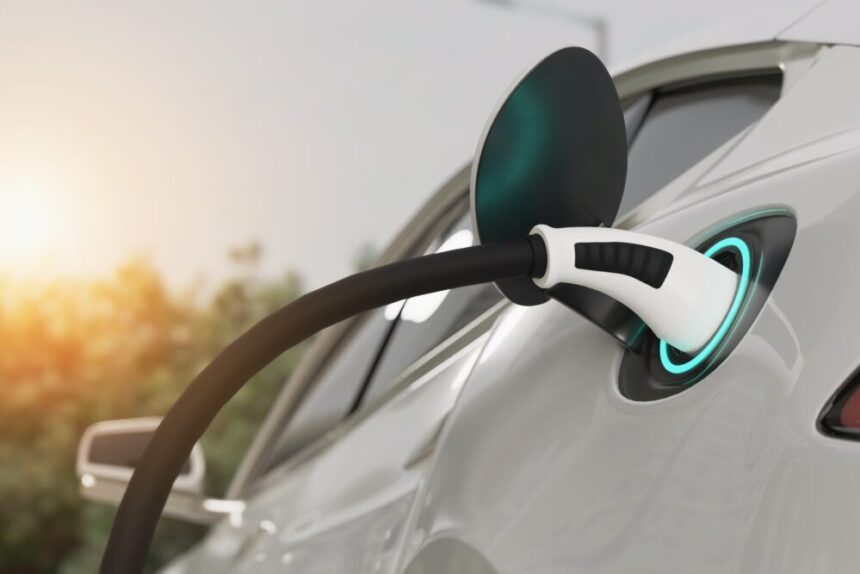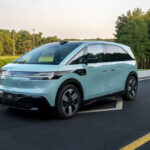The European electric vehicle (EV) market faced a challenging month in July, with a total of 219,523 EVs hitting the roads, marking a 6% decline compared to the previous year. This decline was driven by a drop in both battery-electric vehicle (BEV) and plug-in hybrid (PHEV) registrations. BEVs saw a 6% decrease with 144,561 registrations, while PHEVs experienced an 8% decline with 74,962 deliveries.
One factor impacting the European BEV market was the imposition of provisional tariffs on BEVs manufactured in China in July 2024. This led to a surge in BEV registrations in the preceding month, followed by a decline in July. Germany also saw a significant decrease in BEV deliveries, with a 36.8% drop in the powertrain segment due to the absence of subsidies.
Despite these challenges, EVs maintained a 21.3% share of the European new-car market in July, with BEVs accounting for 14% of registrations and PHEVs making up the remaining 7.3%. BEVs continued to dominate the EV sector, representing 66% of plug-in deliveries in July and throughout the first seven months of 2024.
The Tesla Model Y retained its position as the top-selling EV in Europe in July, with 9,929 registrations. However, competition and market saturation could potentially impact its dominance in the future. The Volvo EX30 followed closely behind with 6,949 deliveries, positioning itself as a strong contender in the market.
The Audi Q4 e-Tron ranked third in July with 5,580 registrations, outperforming its VW Group counterparts such as the VW ID.4 and Skoda Enyaq. The VW ID.4, which experienced a positive month after a refresh, secured the fourth spot with 5,421 deliveries. The Tesla Model 3 rounded out the top five with 4,976 registrations, facing quarterly performance challenges.
Other notable performers in the EV market included the Ford Kuga PHEV, which emerged as the most popular plug-in hybrid in July with 4,360 deliveries. The BMW iX1 also made significant gains, entering the top 10 with 4,446 registrations. The Cupra Born and Mini Cooper Electric contributed to BMW Group’s overall results, with the Cupra Born showing potential for further growth.
Overall, the European EV market faced challenges in July, but key players like Tesla, Volvo, Audi, and VW continued to drive sales and innovation in the sector. As the market evolves and competition intensifies, manufacturers will need to adapt and innovate to maintain their positions in the rapidly growing EV landscape.







